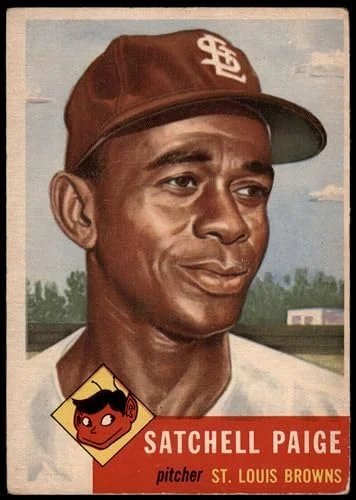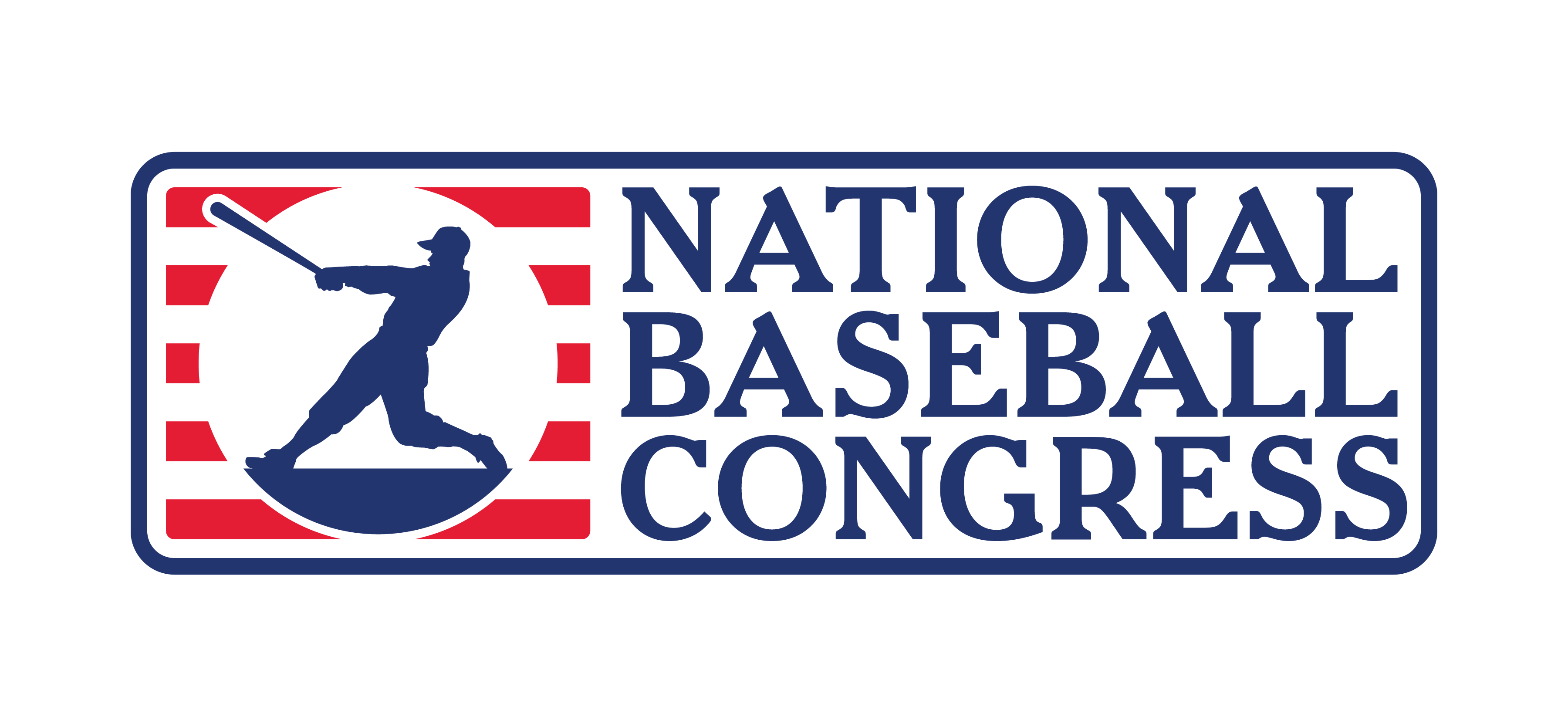Celebrating Satchel Paige
⋅ Alumni
The National Baseball Congress World Series is celebrating its 90th tournament in 2024, but without one of the most prolific pitchers in baseball’s history, the tournament may not have survived past the first National Baseball Congress Semi-Pro Invitational in 1935. Leroy ‘Satchel’ Paige drew crowds and interest from baseball scouts across the country to downtown Wichita in that first tournament, etching the moment in history for Wichita, baseball and the eventual integration of the game. Looking back on his legacy: “I think he had a profound effect on baseball, particularly the integration,” said Michael O’Neal, Satchel Paige’s grandson.
Negro League legend Paige, who by the early 1930s had already established a reputation as one of the greatest pitchers in the league, was introduced to Niel Churchill, owner of the Bismark Chirchills from North Dakota, joining the team in 1933 and headlining the integrated team in 1935.
Raymond ‘Hap’ Dumont knew how to draw a crowd, so he invited Paige and his Bismarck Churchills to the inaugural National Baseball Congress National Tournament, offering the team a $1,000 paycheck.
A few years earlier, the Winnipeg Tribune called Paige ‘the greatest attraction of independent baseball.’ Dumont’s invitation was not only a way to fill the stands at the newly built Lawrence Stadium in downtown Wichita, but by hosting an integrated team – one and Paige would throw 8 out of 10 pitches directly
of five teams to feature African-American players in the tournament – nearly 12 years before the color barrier was broken in Major League Baseball would be an iconic moment in baseball history. Paige was also fun to watch for both his talent and his personality. Larry Tye, author of Satchel: The Life And Times Of An American Legend,’ told NPR in June 2024 that “Paige would get to the ballpark early and set up with a small object – a matchbook, a gum wrapper, a postage stamp – on home plate,
over it. Fans loved him, and opponents feared him.”
The Churchills went undefeated in the tournament, and Paige threw 60 strikeouts and won four of the team’s seven games. Some baseball historians credit Paige and the Churchills’ 1935 national championship as a key part of the eventual integration of baseball, as it was the first time an integrated team won a national tournament. At the time, the tournament drew attention from major league scouts and general managers, including Branch Rickey, the eventual Brooklyn Dodgers president who would go on to sign Jackie Robinson a decade later.
Not only was Paige’s appearance in Wichita pivotal for baseball, but it was also important for the future of the NBC World Series. The 1935 tournament drew more than 100,000 fans over 16 days, with crowds almost double in size on the days Paige took the mound, according to Tom Dunkel, author of “Color Blind: The Forgotten Team that Broke Baseball’s Color Line.”
Now, 90 years later, the tournament owes a lot of its success and notoriety to Paige and the Churchills.
“This is a league where some of the greatest ball- players went down and played a special tournament and brought the crowds down and it was about more than just baseball, it was about camaraderie and breaking the color barrier,” O’Neal said.
Paige eventually called Kansas City home and continued to visit Wichita. He played in the NBC World Series three more times over his career, the last appearance being in 1960, when Paige was 54 years old.
To his grandson, Paige was not larger than life; he was just a great grandfather to O’Neal, who spent a lot of time with his grandparents.
“He was a rather unassuming guy,” O’Neal said. “Even though he was a famous man, he never walked around with an arrogance or a conceded way about him; he was very approachable.”
O’Neal was eight years old when his grandfather passed away. He remembers baseball legends visiting when he was growing up—Buck O’Neil and Ewing Kauffman—but he wasn’t necessarily told stories of his grandfather’s stardom.
“I kind of knew, but I would think, ‘Why is my grandfather signing baseballs?’” said O’Neal.
O’Neal remembers the moment he realized just how prolific his grandfather was.
“During the World Series, they just so happened to show a picture of Hank Aaron on television, and I forgot who was calling the game, but they said, ‘You know who I would love to have here at the World Series? Satchel Paige,’ and my ears perked up, and I was like, ‘Grandpa, what?’ and he gave me a sly smile”.
Paige would go on to become one of the greatest pitchers in baseball. Hall-of-Famer and New York Yankees great Joe DiMaggio once called him “the best and fastest pitcher I’ve ever faced.” Paige debuted for the Cleveland Indians on his 42nd birthday, July 7, 1948, making him the oldest rookie in MLB history. He went on to help Cleveland win the World Series that year with a 2.48 ERA and played four more years in the majors. Paige was inducted into the Baseball Hall of Fame in 1971.
“There’s so much that I remember him saying, but most importantly, never give up,” O’Neal said. “Just never give up, never accept being second best.”

